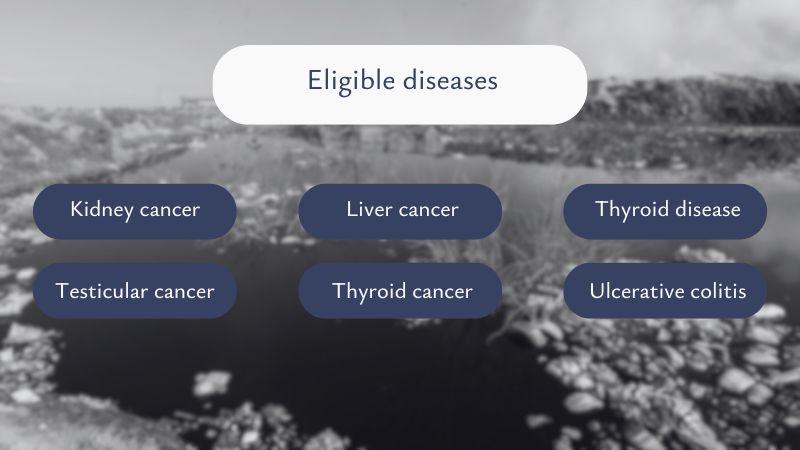PFAS exposure claims

Veterans who served on military bases in the United States may have been exposed to a variety of chemicals such as toxic solvents used in regular military tasks such as cleaning, degreasing, paint stripping, and thinning oil-based paints. After continuous or repeated contact with toxic substances over a long period of time, veterans and their families who lived with them on military bases may be at risk of developing life-threatening illnesses. Environmental Litigation Group P.C. offers free case evaluations for veterans and their family members who believe their medical condition is a result of exposure to toxic chemicals during military service, as well as for individuals living within one mile from these bases for at least a year.
Claim Application
